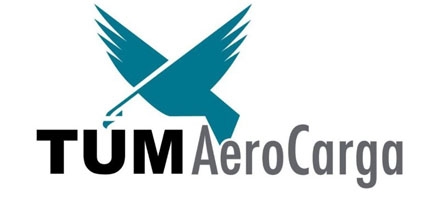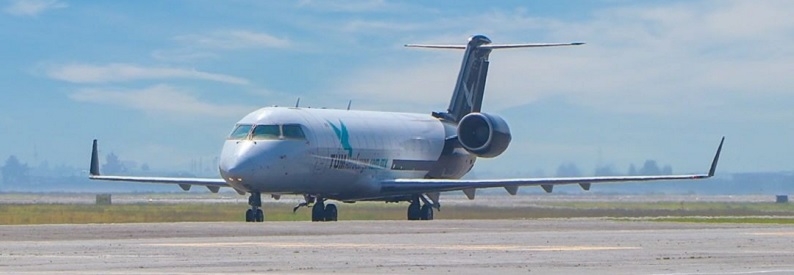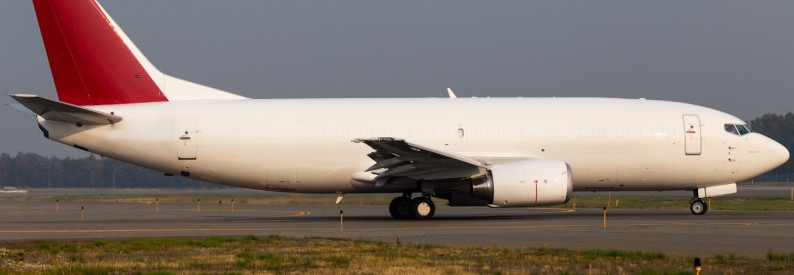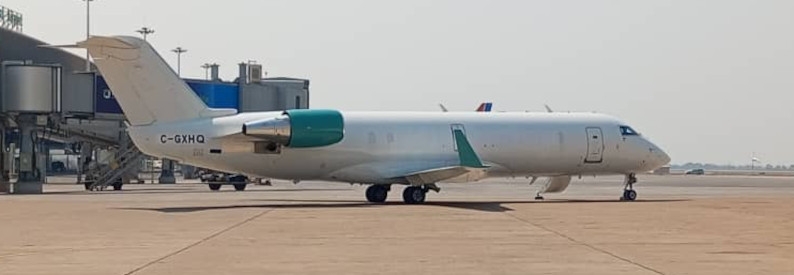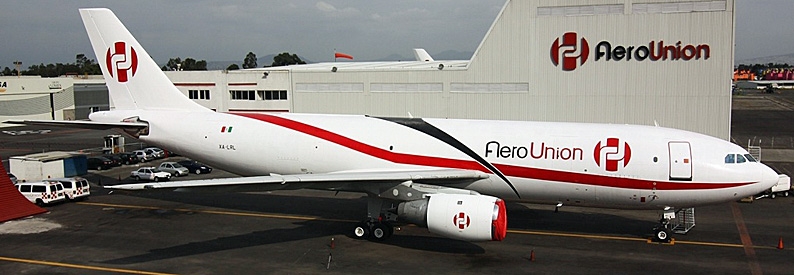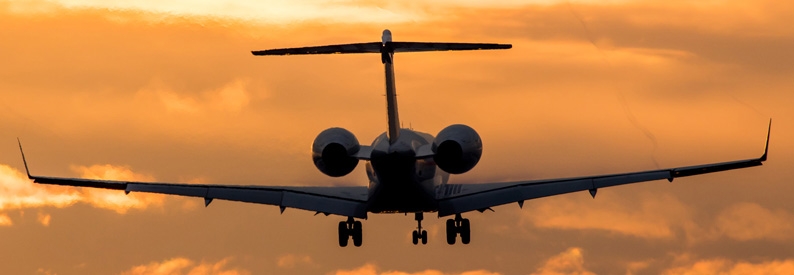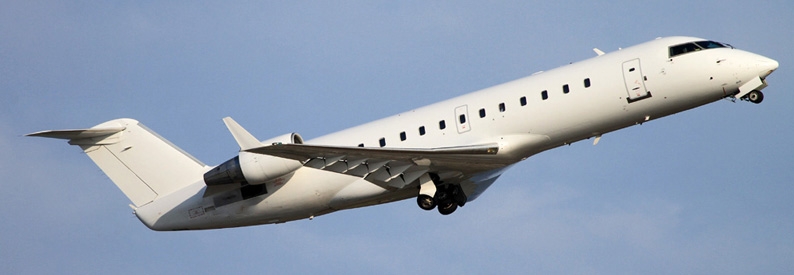The US Department of Transportation (DOT) has put a damper on TUM Aerocarga's plans to start commercial cargo flights to the United States after it barred the Mexican carrier from using its own aircraft on any flights to the US.
In its response to TUM Aerocarga's application for exemption authority and a foreign air carrier permit lodged in March this year, the DOT cited the US Federal Aviation Administration's (FAA) recent decision to downgrade Mexico to an IASA Category 2 safety and security rating as a key factor.
"The exemption authority granted to TUM is limited to operations conducted only on a code-share or wet-lease basis with a duly authorized and properly supervised U.S. or foreign air carrier," it said. "TUM may not conduct U.S. operations with its own aircraft and crew without further order of the Department."
In anticipation of the announcement, TUM has already said it will push ahead with plans to start flights to the US using an approved codeshare, wet lease, blocked space or similar arrangement using an appropriately authorised US or foreign air carrier to operate the flights. It has further stated that once Mexico has been restored to IASA Category 1 status, TUM will again apply for economic authority to conduct its own operations to the US.
TUM is a 51/49 joint venture between a trio of Mexican nationals and Canada's Avmax Aircraft Leasing and associated companies. It had planned to serve the US with about five flights per month using B737-300(SF) or B737-400(SF) and CRJ(F) aircraft.
On the objections to TUM's application raised by Kalitta Charters II, IBC Airways, and IFL Group, the DOT said it could find nothing in the arguments presented to persuade it to withhold the charter authority.
"The applicant has clarified that it intends to conduct its operations pursuant to bilaterally authorized services that are afforded to both U.S. and Mexican air carriers under the [2015 Air Transport Agreement between the United States and Mexico] treaty, and TUM unequivocally states that it does not intend to conduct prohibited cabotage," it said.
"We also find no merit in the assertions of the objecting carriers regarding unfair economic advantages. We again note that the services at issue are bilaterally authorized, and we see nothing in the arguments presented that would lead us not to honour such bilateral rights, especially considering that we do not afford U.S. carriers with first refusal rights on foreign air carrier applications. With respect to the performance and safety concerns of the objectors, we find that this economic licensing proceeding is not the proper forum for those matters to be addressed. To the extent that there may be any merit to these concerns, they are more appropriately addressed by the FAA in the context of its certification of TUM."
